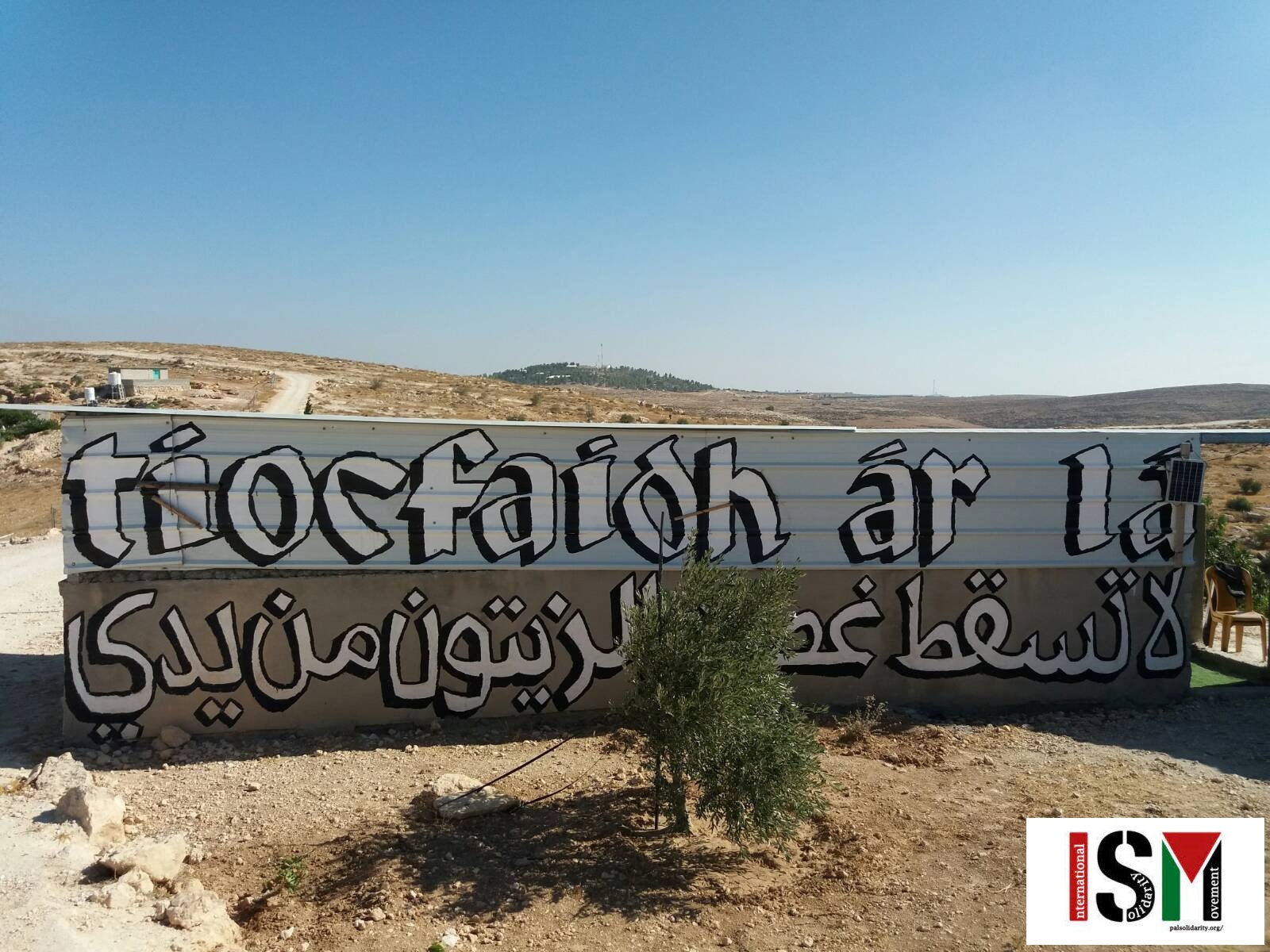Tag: diary
-
An ISM diary, July-August 2023
This is a diary kept by two UK-based volunteers with the ISM, Willow and Kevin, during some of their recent trip to Palestine. Day 1 – Colonial violence In the few days since arriving in Palestine we have already been repeatedly reminded of the extent of the violence which is perpetrated on a daily basis…

